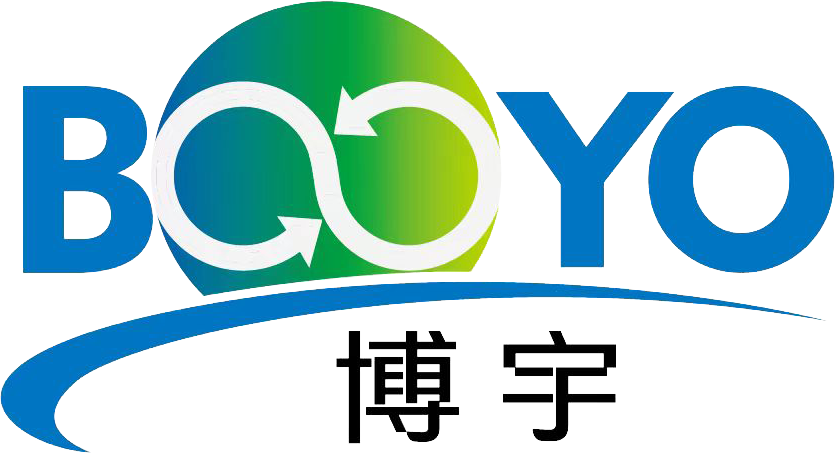
Our News
Find out about our latest news here.
Latest News
- ▶ Primary Condenser in Distillation and Its Application of Spiral Plate Heat Exchangers
- ▶ Stainless Steel U Tube Bundle Heat Exchanger
- ▶ What is a Boiler Economizer?
- ▶ Spiral Plate Heat Exchanger Price
- ▶ Shell-and-Tube Heat Exchanger Types & Features Comparison
- ▶ Causes and Prevention of Tube Ruptures in CDQ Boilers
Message
General Price Range (in USD)
The cost of a spiral plate heat exchanger can vary significantly depending on size, material, pressure rating, and customization requirements.
Here's a general breakdown:
These are estimated prices for reference only. For an accurate quote, detailed specifications and process data are required.
Main Factors That Influence the Price
1. Material Selection
The chosen material significantly affects cost:
Carbon Steel – Low-cost, used for non-corrosive media
Stainless Steel 304 / 316L – Common industrial choice, corrosion-resistant
Duplex, Titanium, Hastelloy, or Other Alloys – High corrosion resistance, premium cost
2. Heat Exchange Area
The larger the surface area, the more raw materials and welding work are involved.
More area means higher thermal performance, but also a higher price.
3. Design Pressure & Temperature
High-pressure or high-temperature applications require thicker plates, stronger welding, and reinforced structures.
For example, a unit rated at 1.6 MPa will cost more than one rated at 0.6 MPa.
4. Customization Requirements
Do you need multiple inlets/outlets?
Is it horizontal or vertical installation?
Does it need to be dismountable for cleaning?
Each customization increases engineering time and production complexity, thereby increasing the cost.
5. Manufacturer's Expertise and Certification
Equipment from a certified manufacturer (e.g., with ASME U Stamp) is usually more expensive, but ensures compliance and reliability.
Experienced suppliers may also offer better service, warranty, and support—adding value beyond the price tag.
Hidden Costs to Watch Out For
When budgeting, remember to consider the total cost of ownership:
Shipping costs (can be significant for large units)
Installation and commissioning
Maintenance and cleaning requirements
Downtime costs in case of equipment failure (a reliable unit reduces these)
Buying Tips
Know your process data: flow rates, inlet/outlet temperatures, media type, fouling tendency, and pressure ratings.
Don't buy just by price. A cheaper unit that fails early or needs frequent cleaning could cost more in the long run.
Look for experience. Choose manufacturers with a strong track record in your industry.
Check certifications. Especially for pressure vessels, compliance matters.
Ask for thermal design validation. A good supplier will provide you with a thermal calculation or performance sheet.
PROFESSIONAL CONSULTATION
If you are interested in our products and want to know more details, please leave a message here, we will reply you as soon as we can.